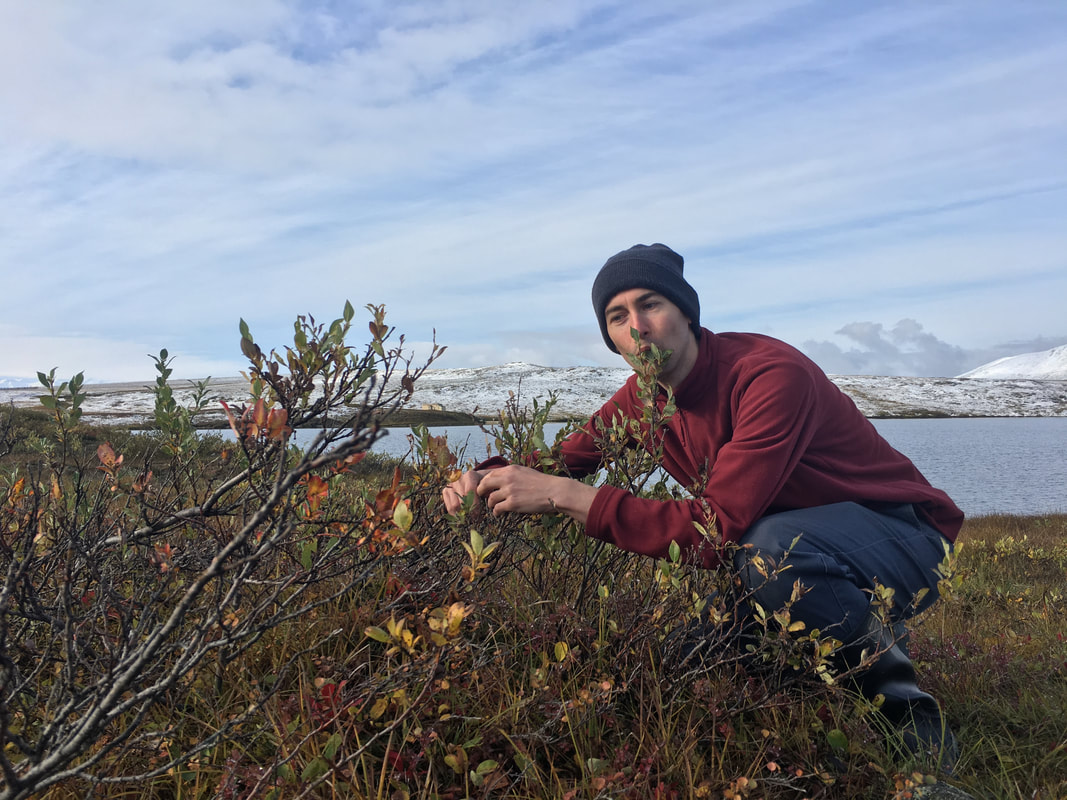To me, ecohydrology by its very nature hints at much more than its narrow definition might suggest, viz. the study of how the water cycle and ecosystems are interconnected. At its core is the attempt to understand complex systems with a multitude of abiotic and biotic (including anthropogenic and societal) components. As such, I see it as representative of a much wider range of emergent fields such as biogeomorphology.
What are your undergraduate and graduate degrees in?
BSc and MSc in geodesy and geophysics (Vienna University of Technology);
PhD in environmental engineering (ETH Zurich)
How did you arrive at working in/thinking about ecohydrology?
In quite an indirect way, via microwave remote sensing. In my PhD I tried to understand how changes in vegetation and soil water content bias observations of subtle surface elevation changes obtained by the remote sensing technique radar interferometry. In regions underlain by ice-rich permafrost, surface displacements are particularly closely coupled to numerous (eco)hydrological processes. I quickly became fascinated by the complexity and variability of these ecosystems. A recent line of research has been to understand how shrub expansion influences the water cycle and soil thermal dynamics.
What do you see as an important emerging area of ecohydrology?
Ecohydrological processes play a major role in determining the fate of Arctic permafrost landscapes. It would perhaps be inaccurate to consider this as an emerging area. For instance, the importance of plants for permafrost soils, geomorphology and hydrology (including ground ice dynamics) has long been recognized and studied in an interdisciplinary spirit. However, I believe that ecohydrologists can provide renewed impetus for the study of these rapidly changing ecosystems. Important questions include the feedbacks, and variability therein, between shrub expansion and permafrost conditions, or how plants influence the trajectories of various form of thermokarst (terrain changing permafrost degradation) across time scales.
Do you have a favorite ecohydrology paper? Describe/explain.
I remember enjoying reading the Perennially Frozen Peatlands in the Western Arctic and Subarctic of Canada (S. C. Zoltai and C. Tarnocai; Canadian Journal of Earth Sciences; 1975, 12(1): 28-43) It is a synthesis of what seems to be many years of field observations of permafrost peatlands. I particularly like its wide scope and how the authors stress the variability of permafrost and ground ice, vegetation and emerging landforms within and across regions. Like many older papers, it contains a wealth of important little insights.
What do you do for fun (apart from ecohydrology)?
Reading; outdoor activities; eating

 RSS Feed
RSS Feed